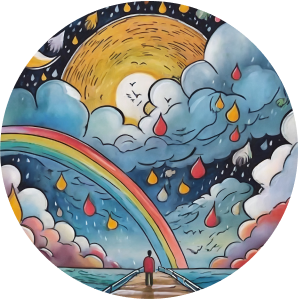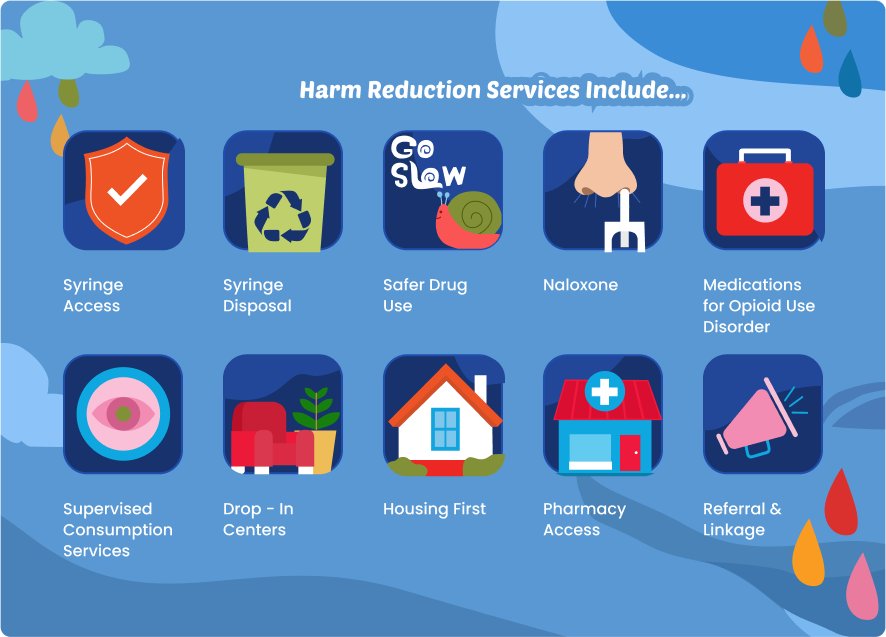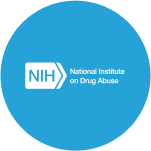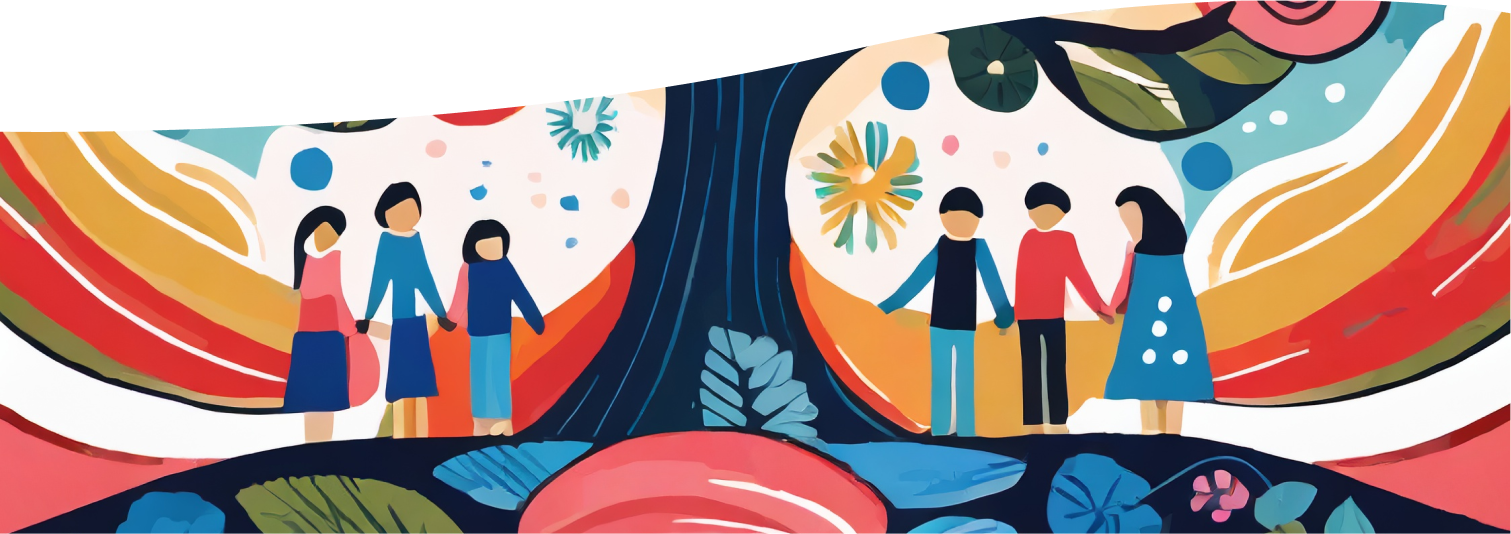Assessment Map
Welcome to the MOUD Hub. If you need help figuring out where to start, follow this quick assessment.

If you or your loved one are thinking “I’m not ready to stop using” or “my use isn’t that bad,” then you might be in the pre-contemplation phase. We have gathered some educational resources on how opioids work on the brain. In addition, we have included some harm reduction resources. If you don’t want to stop using, or aren’t ready to start your treatment journey, then let’s reduce any risks related to opioid use.
Before we get started, here is a quick self-assessment to think about your substance use. Use the link below to Drug Abuse Screening Test by NIDA Clinical Trials Network


The DSM-5, or the Diagnostic and Statistical Manual of Mental Disorders, is used to diagnose mental health and substance use. If you want to learn more about those criteria, these are provided on the link below.


Harm reduction is a non-judgmental approach that does not require that someone quits using before receiving support and does not promote abstinence (not using at all) as the only option. Harm reduction focuses on positive change, and working with people in a way that is non-judgmental or based in coercion or discrimination Read More About Harm Reduction Tools

A good resource for information on opioid overdoses, how to avoid, recognize, and act on opioid overdoses.
How to recognise Opioid Overdose
Overdose Lifeline, Inc. Executive Director Justin Phillips discusses the possible causes and signs of an opioid overdose. The video is part of the Adolescent Addiction Access (AAA) Program, a free provider-to-provider helpline for Indiana providers caring for youth ages 17 or younger with substance use disorders.
Naloxone: Preventing Opioid Overdose

Title: How to Use Naloxone or NARCAN Nasal Spray
Naloxone, commonly known by the brand-name NARCAN, can save the life of someone who is having an opioid overdose. The life-saving drug works in seconds when it is sprayed into the nasal passages of the person having an overdose, reversing the effect of the opioid drug causing that overdose.

Narcan is an opioid-antagonist that can be used for emergency treatment of opioid overdoses. It has recently been approved as an over-the-counter treatment. You can ask your doctor or pharmacist about it. Visit to fill out a Narcan request form for your pharmacy.

If you report an overdose New York law protects you and the overdosed person from being charged with drug possession, even if drugs were shared.
Give CPR if you have been trained or do rescue breathing:
Another way to practice harm reduction is regularly getting tested for HIV and Hep C.
This website is a useful tool to search for places in your area that do HIV testing. If you have a regular doctor, then getting tested through them is also an option.
Hepatitis C testing can also be done at your doctor’s office or even a local CVS and a very effective treatment is now available to cure HCV that is covered by insurance and multiple resources are available to get it for free or at a very reduced price.


While a loved one is in pre-contemplation, it may be best to meet them where they are at, rather than pushing against their resistance. This can look like encouraging them to use harm reduction practices that have been introduced in this pre-contemplation phase, along with getting them to their doctor to check on their health.
This website provides information on how to talk with someone who may be struggling with their substance use but not ready for treatment and how to support them.

If you need extra support, there are groups such as Al-Anon that you can attend. Al-anon is for family and loved ones of someone who is struggling with substance use.

Research reported in this publication was supported by the National Institute On Drug Abuse of the National Institutes of Health under Award Number DP2DA049295. The content is solely the responsibility of the authors and does not necessarily represent the official views of the National Institutes of Health.
© Copyright 2025 | MOUD Hub | All Rights Reserved
Before you go, please take 3 minutes to fill out this survey to help us improve the website

Welcome to the MOUD Hub. If you need help figuring out where to start, follow this quick assessment.

Notifications


